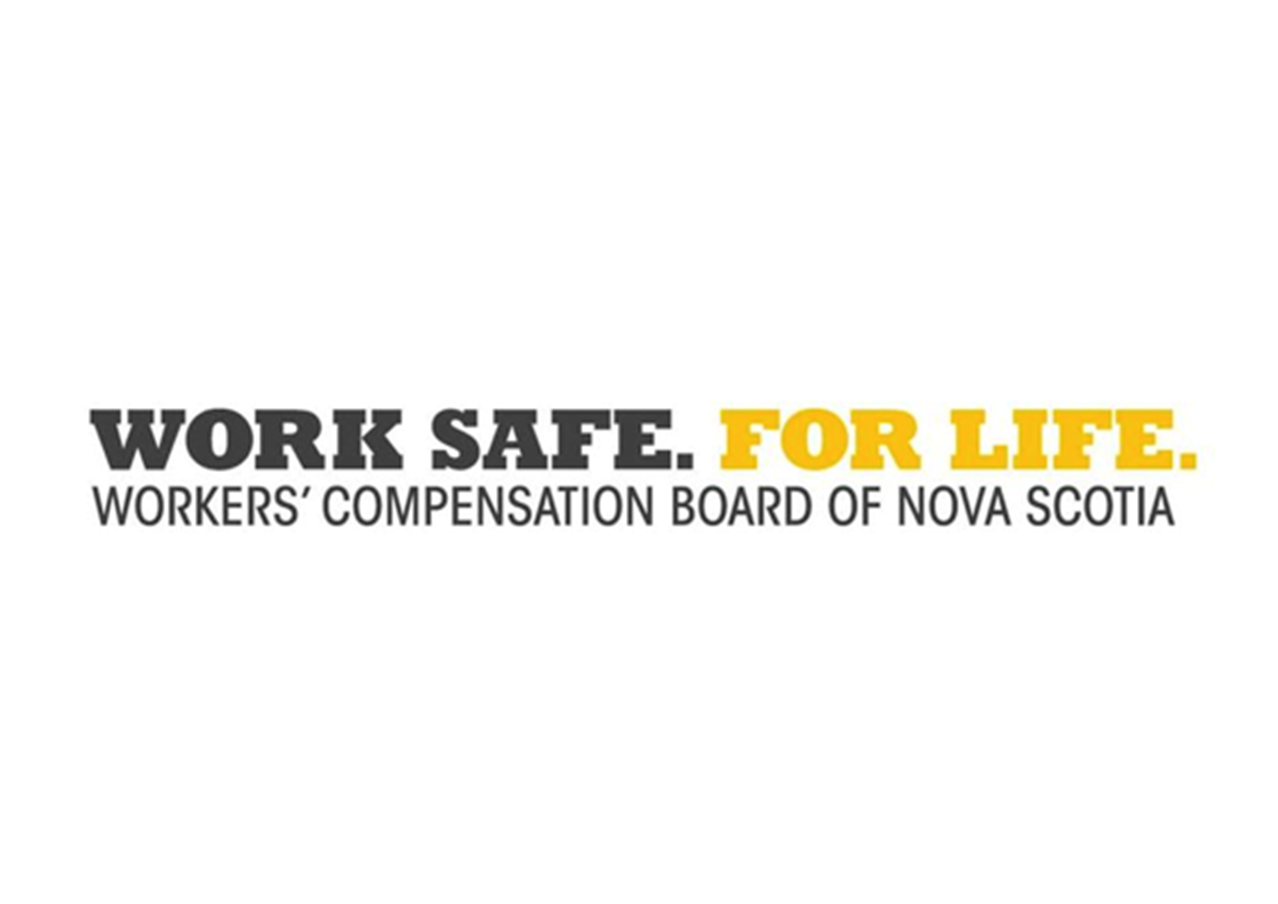WCB to increase focus on ensuring both physically and psychologically healthy workplaces
Nova Scotians spent less time off the job due to workplace injury in 2021 than the year before, but getting hurt at work still takes far too great a toll, accounting for 2,955 person-years of work lost to workplace injury, according to WCB Nova Scotia.
As Safety and Health Week kicks off across the country, WCB Nova Scotia is reporting their annual statistics from 2021, which paint a picture of workplace injury’s impact on our province.
“We are seeing significant and lasting progress over time in our workplace safety culture,” says WCB Nova Scotia CEO Stuart MacLean. “Supporting workers and employers after injury happens remains a priority for all of us – after years of challenges, we are beginning to see progress there, too.”
As workplaces resumed more regular operations following business closures due to COVID-19 in 2020, there were statistical increases in some measures, including time-loss claims and registered claims. But overall, the numbers shows there continues to be steady progress made year-over-year.
“As a province, we navigated through a pandemic, and it challenged workplaces to take a hard look at their safety plans. We need to learn from how we took care of each other during the pandemic, and build that into our way forward,” says MacLean.
He adds that workplace injury statistics from 2021 tell a story of the complex, often inter-related impact of both physical and psychological injury.
“Nova Scotia continues to lose too much time to workplace injury – whether physical, psychological, or a combination of both” says MacLean.
As claims become more multifaceted, it is increasingly important to create workplaces that are both physically and psychologically safe places to work. MacLean notes the importance of preventing and managing the long-term impact of work-related psychological injury, noting awareness is the first step in achieving change.
“We will continue to focus on awareness, and on creating resources that will help Nova Scotia employers improve the psychological health and safety of their workplaces,” says MacLean. “And when injury occurs, we will be there for workers and their families, supporting them in their recovery and return to work journey.”
Staying connected to the workplace can help facilitate recovery after an injury, and MacLean notes that workers and employers should both understand that an injury at work doesn’t always lead to leaving the workplace to recover. Often, simple modifications can help keep workers on the job during recovery.
2021 by the numbers:
- 1,078,534: Days lost from work, as workers recovered from injury.
- 21,283: Registered claims.
- 5,391: Time-loss claims.
- 1.58: Injury rate per 100 covered workers.
- 43: Average age of worker at the time of a time-loss injury.
As reported earlier this year, there were 20 workplace fatalities in 2021 – 5 from acute incidents on the job, and 15 due to occupational illness, or health events at work.
WCB Nova Scotia Statistical Report for 2021
Source: WCB Nova Scotia


